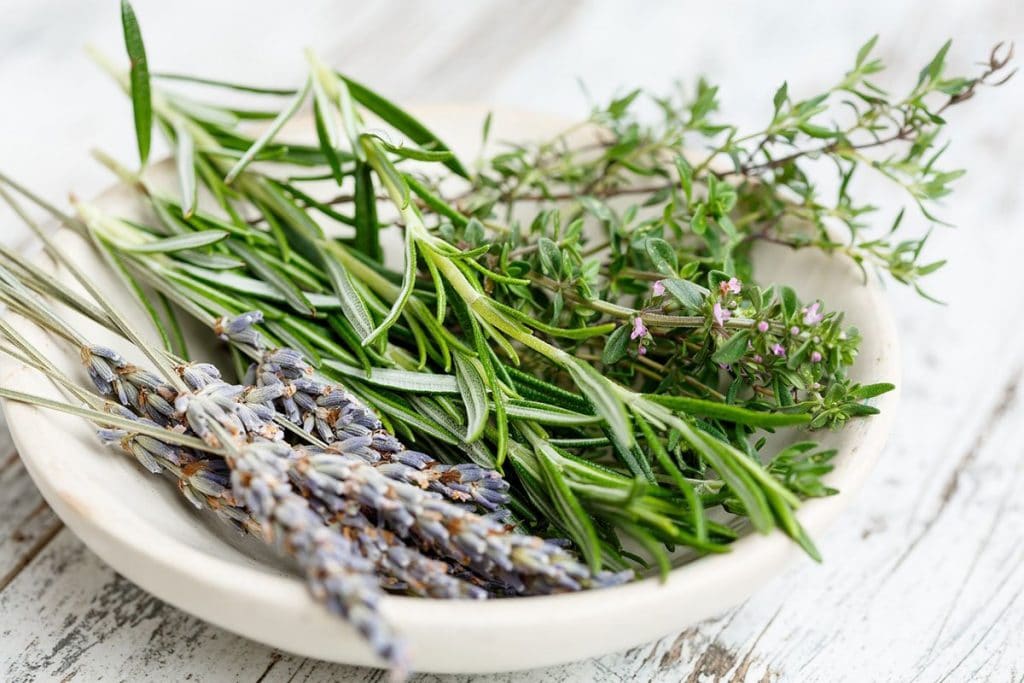When I ask you what your favorite flavors are, I bet bitter doesn’t even crack your top two. I have to tell you: bitter spices and herbs have a lot of benefits to your digestion, despite not being the most-sought after flavors.
Before you mark bitters off of your cooking adventures list, take some time and learn just what they have to offer.
As noted by the European Journal of Herbal Medicine, bitters have a long history of use in many cultures and are known to treat everything except issues with the urinary tract (cms.herbalgram.org/herbclip/pdfs/020442-258.pdf). These are not necessarily medicinal foods. They are just a necessary part of a healthy diet, providing your body with things it cannot get elsewhere.
The word “bitters” is a catch-all term for secondary plant metabolites that include lactones, monoterpene iridoids, volatile oils, sesquiterpene, iridoids and hydrocarbons, all of which carry a bitter flavor. Mammals and insects tend to avoid bitter flavors. One theory is that animals–including humans–learned to associated a bitter taste with toxicity. Many bitter compounds are poisonous, but when they are consumed in small amounts, they can actually be very beneficial.
Any time you eat something that is bitter, it triggers the release of the gastrin hormone, which supports and boosts your digestive function by stimulating the secretion of the following:
• Saliva, which is the first step in food digestion
• Hydrochloric acid, which you need to properly break down food and absorb minerals
• Pespin, an enzyme that breaks protein into smaller pieces
• Intrinsic factors necessary for Vitamin B12 absorption
Bitters also trigger the bile flow in your body, which boosts dietary fat digestion and helps prevent waste from accumulating in your liver. Over time, the consumption of small doses of bitters can strengthen your entire digestive system, including your liver, pancreas, gallbladder and stomach.
All bitters should be taken according to directions and in low doses only. Too high a dose of bitters can impair your digestive system and even carry the risk of death. In addition, people with serious ulcerative or erosive gastrointestinal conditions, chronic respiratory congestion, poor blood circulation and depressed metabolism should not taken bitters. They are also contraindicated for pregnant women.
Side effects are rare, but some people may experience headache and muscle aches when they first start taking bitters. If you have any concerns about taking them, speak to your doctor before use.




